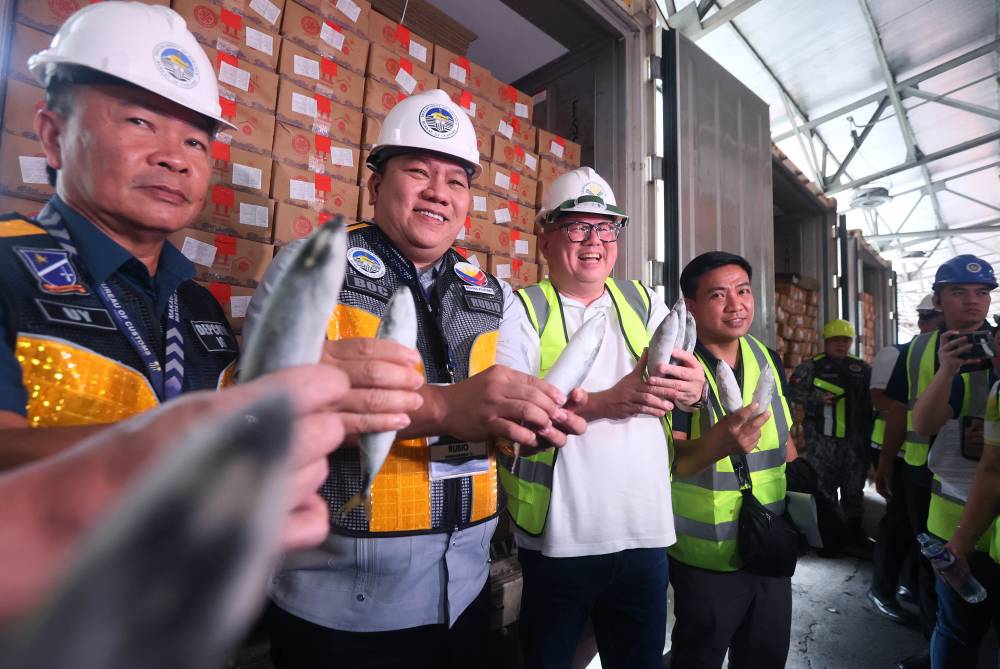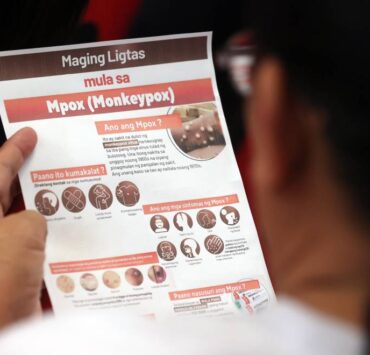DA eyes seized contraband fish for typhoon relief work

The Department of Agriculture (DA) has asked the Bureau of Customs to release P178.5 million worth of confiscated frozen mackerel to the Department of Social Welfare and Development (DSWD) to aid in relief efforts.
Laboratory tests conducted by the Bureau of Fisheries and Aquatic Resources’ (BFAR) National Fisheries Laboratory Division showed that the frozen fish is fit for human consumption since it has no signs of spoilage or contamination, Agriculture Secretary Francisco Tiu Laurel Jr. said in his Nov. 18 letter to Customs Commissioner Bienvenido Rubio.
“Consequently, the fish products are deemed fit for immediate release and can be utilized to address food security needs, especially in relief operations,” Tiu Laurel said in a statement over the weekend.
The DA said the frozen mackerel amounted to 580 metric tons (MT) that were loaded in 21 container vans that arrived in early October from China.
But the importer Pacific Sealand Foods Corp. did not have the required sanitary and phytosanitary import clearances.
Import clearances ensure that imported food items comply with standards, protecting the health of Filipino consumers, plants and animals while preventing the spread of diseases or pests.
The DA subsequently directed the BFAR to conduct laboratory tests to determine whether or not the seized frozen mackerel can be distributed to typhoon-hit areas.
“This initiative would support the DSWD and the Department of Agriculture’s ongoing efforts to provide essential aid to victims of the recent typhoon,” Tiu Laurel said.
The DA had said it was considering importing an additional 8,000 MT of small pelagic fish, including round scad, mackerel, moonfish and bonito, that could arrive in the first two weeks of December.
This was on top of the importation of 30,000 MT of fish authorized by Tiu Laurel in April to plug the supply gap during the temporary fishing ban implemented annually for three months to protect target fish species during their peak spawning period and address other concerns, such as overfishing and climate change.
Although the DA did not say there is a supply shortage, the planned importation is meant to address any potential problems caused by the onslaught of successive typhoons and prevent any possible price spikes.

















